Debt Settlement in Colorado
Debt Settlement Experts
Are you drowning in debt and overwhelmed by constant stress? At Second Start Financial, we understand the challenges that come with excessive debt, and we’re here to help. We know that many hardworking Coloradans are struggling to keep up with credit card bills, medical expenses, and other unsecured debts, often due to circumstances beyond their control. That’s why we’re dedicated to providing personalized debt settlement services to help you achieve financial freedom. Our experienced professionals will work with you every step of the way to create a customized plan that fits your unique needs and goals. With our help, you can break free from the burden of debt and start building a brighter financial future.

How Professional Debt Settlement
Colorado Can Help You

Avoid Bankruptcy
Prevent the long-term consequences of bankruptcy by settling your debts instead.
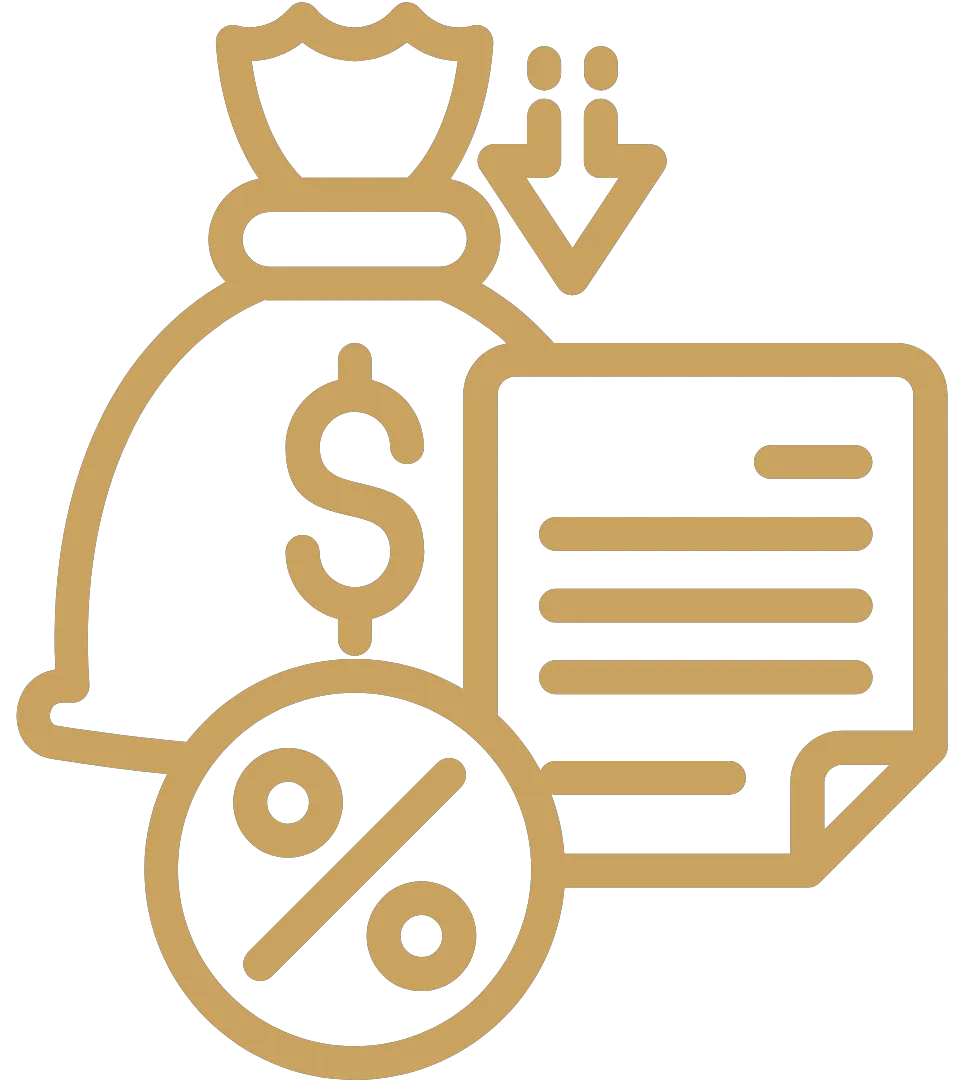
Lower Balances
Negotiate with creditors to reduce your outstanding balances and pay less than you owe.
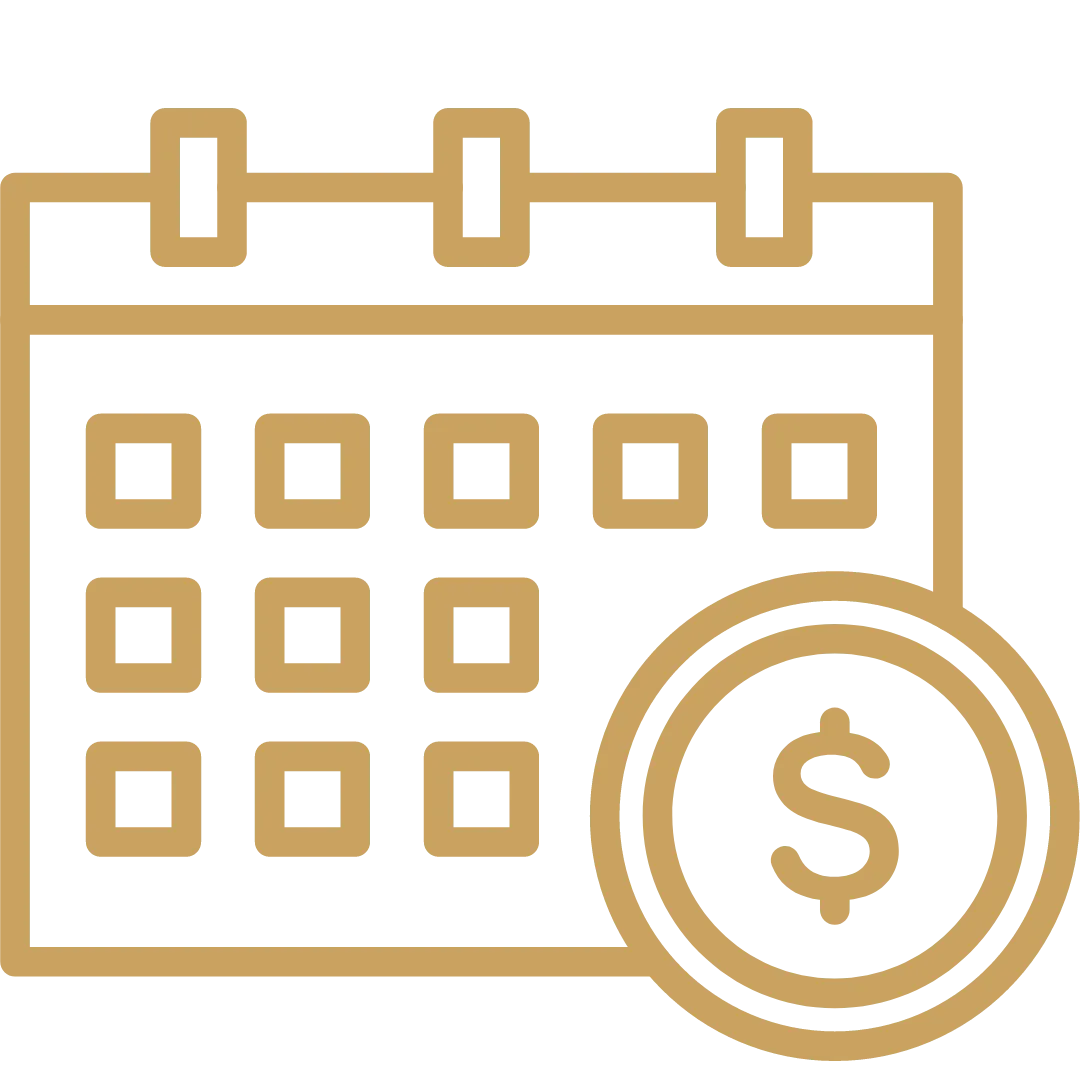
One Monthly Payment
Simplify your debt repayment process by making a single, affordable monthly payment.

Stop Collections
End harassing calls and letters from collection agencies by enrolling in a debt settlement program.
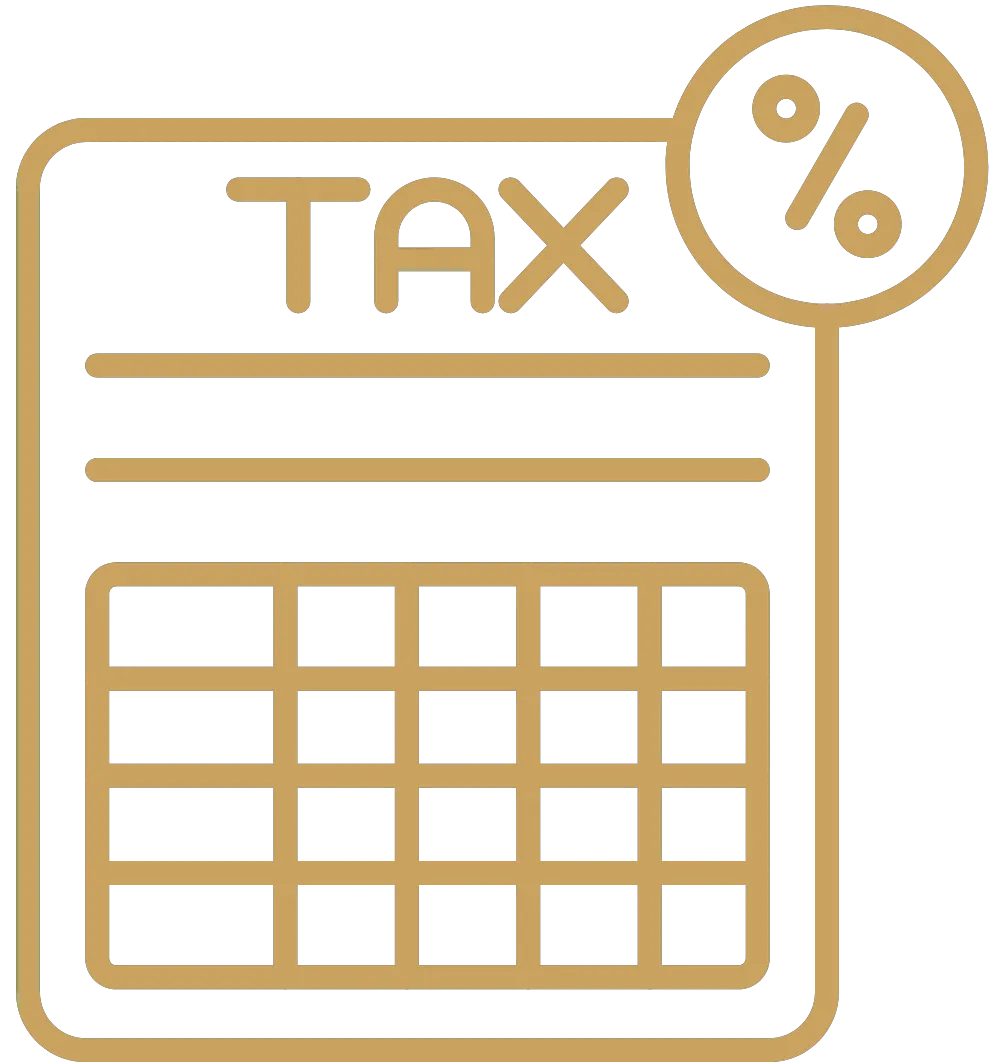
Tax Benefits
Understand the potential tax advantages of settling your debts for less than the full amount.
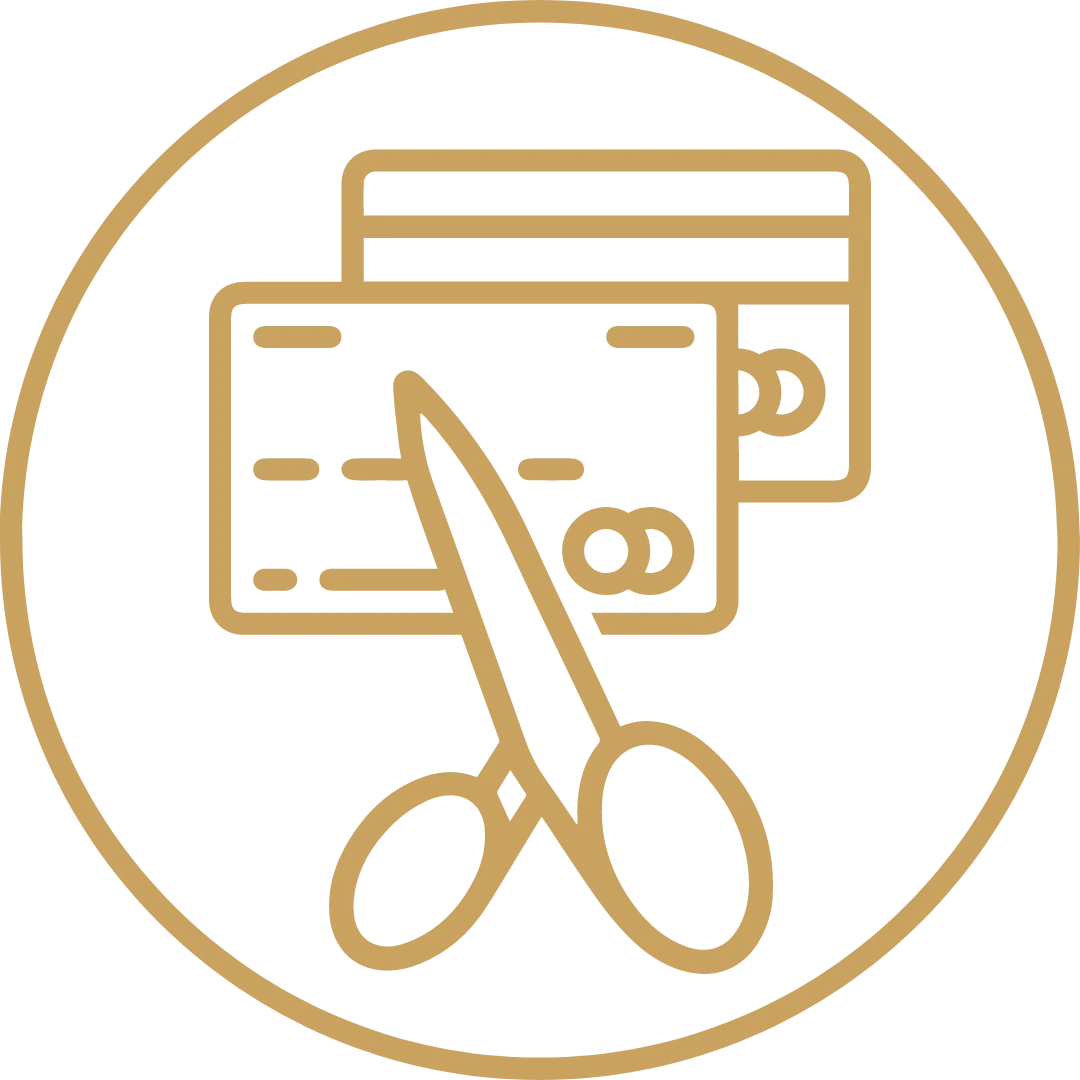
Become Debt-Free
Achieve financial freedom faster by resolving your debts through professional debt settlement services.

Our Proven Debt Settlement Process
At Second Start Financial, we follow a proven debt settlement process to help you achieve the best possible results. Here’s what you can expect:
1. Free Consultation: We’ll review your financial situation, explain your options, and determine if debt settlement is right for you.
2. Personalized Plan: We’ll create a customized debt settlement plan based on your unique circumstances, including your debt amount, income, and goals.
3. Dedicated Account: You’ll open a special account and make monthly deposits, which will be used to settle your debts.
4. Expert Negotiations: Our skilled negotiators will work with your creditors to achieve the lowest possible settlement amounts.
5. Debt Resolution: Once a settlement is reached, we’ll facilitate the payment to your creditor and ensure the debt is properly resolved.
BLOG
Our Latest Blogs
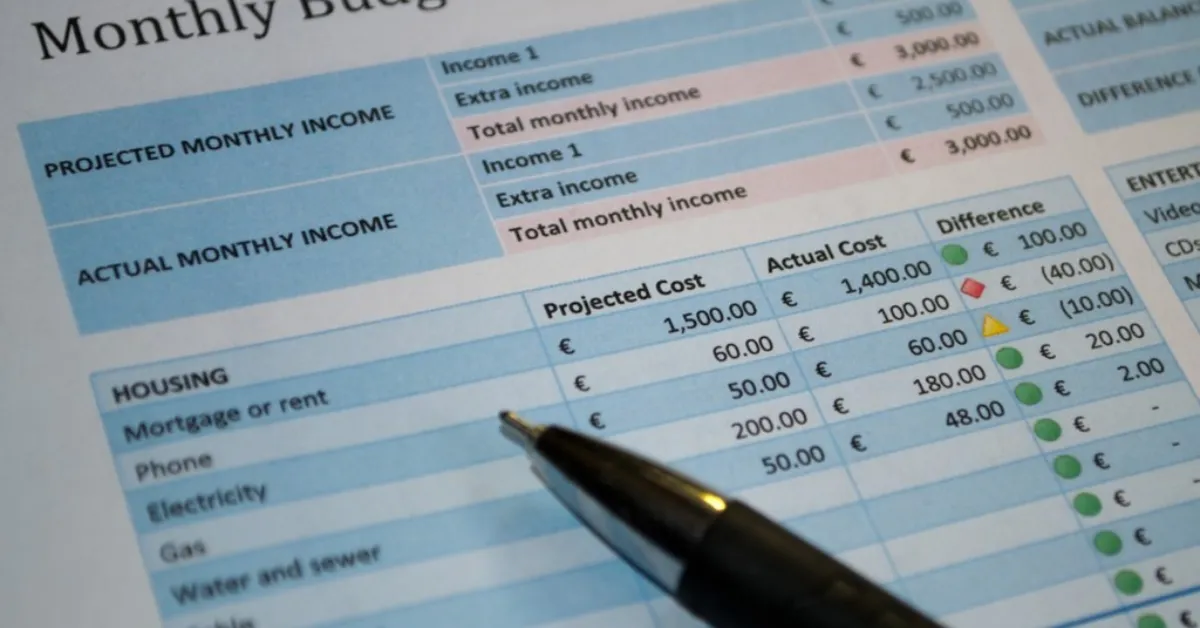
What Is Budget Billing?
Budget billing, also known as levelized billing, allows households to pay a fixed amount for their utilities every month. This avoids the inconvenient seasonal spikes and dips associated with actual monthly usage and makes it easier to budget for household expenses. Instead of paying the bill amount that varies month-to-month, your utility company calculates a monthly average payment based on your previous 12 months of usage.
How Does Budget Billing Work?
Most utility companies offer budget billing programs that let customers pay a consistent amount each month instead of fluctuating payments. Here is an overview of how these programs work:
Utility companies utilize your past usage history and billing amounts, usually looking at costs over the last 12 months, to estimate your average annual costs for service. They then take that total estimated yearly expenditure and divide it into 12 equal monthly payments.
For example, if your total utility costs over the last year summed up to $1,200, your budget bill under this program would be $100 per month. So every month, regardless of your actual usage or the weather that month, you would pay $100 toward your utilities.
Customers pay the same preset monthly amount over a 12 month period. At the end of the 12-month budget cycle, the utility company reconciles or balances your account. They compare your total actual usage charges for the year to the total you already paid through your monthly budget amount. If you overpaid relative to your usage, you get a refund or account credit applied to your next bill. However, if you underpaid and didn't cover your full costs, you would owe a little extra on your next statement to make up the difference.
After reconciling your account, the utility company reevaluates your account details and sets a new fixed monthly payment for the next 12 months. This updated budget bill amount reflects your most recent annual usage based on the previous year's energy costs.
Read: Does Checking Your Credit Score Lower It?
What Are The Pros And Cons Of Budget Billing?
There are both benefits and downsides to using a utility company's budget billing program. Evaluating the key pros and cons can help you decide if this billing approach makes sense for your financial situation.
Pros
Provides predictable utility bills every month so you can easily budget household expenses
Avoids bill spikes in high usage months like summer and winter
Allows you to gradually pay for seasonal utility costs over the full year through level monthly payments
Cons
Monthly budget amount could end up higher than your actual usage and costs during certain months
Must be prepared to pay the reconciled balance at the end of the 12-month cycle if you underpay
Changes in your usage patterns or costs aren't factored into the payment amount until the next annual assessment
While budget billing makes utility expenses more routine and consistent month-to-month, you may end up overpaying relative to your actual usage, especially in months when you use less energy or utilities. Carefully assess if the convenience of predictable payments outweighs potentially overpaying during slower months.
What Should You Do Before Enrolling In Budget Billing?
If you decide that budget billing could simplify payment planning, there are a few important things to consider beforehand:
Review Last Year's Bills
Take a look at your past 12 months of utility bills to ensure that the estimated monthly average payment calculated from your costs is actually affordable for your current financial situation. Make sure that it aligns with your household budget based on your income.
Check For Account Balances
See if you have any outstanding balances or overdue payments already on your utility accounts. Most companies require your account to be in good standing before allowing budget billing.
Assess If You Can Reduce Usage See if there are ways you could reduce your home energy usage in order to potentially lower the budget bill amount. This could include upgrading appliances or turning off lights.
Have Savings To Cover Shortfalls While overpayment gets refunded, you need to be able to pay a reconciled balance owed if your payments undershot actual costs for the year. Have some emergency or utility savings earmarked to cover potential shortfalls.
Know The Reconciliation Date
Find out the exact month that the annual reconciliation and realignment of your budget bill occurs. This lets you proactively anticipate and financially prepare for a potentially higher “true-up” bill.
Find Out: Hidden Costs of Chapter 13 Bankruptcy
How Else Can You Save On Utilities?
While budget billing can make expenses more predictable, decreasing usage is the best way to lead to bigger savings on your utility and energy bills over time. Along with exploring budget billing, some other ways you can proactively reduce monthly costs include:
Home Energy Efficiency Upgrades
Replace old appliances and light bulbs with more modern, energy efficient models
Use less electricity during periods of peak demand
Lower your thermostat temperature a few degrees during winter months
Invest in insulation upgrades like blown-in attic insulation to reduce heat loss
Perform weatherization upgrades like caulking, air sealing and weatherstripping to reduce leaks
Utility Company Cost-Saving Programs
Take full advantage of rebates, incentives, and financing offered by your utility providers for efficiency upgrades
Opt-in to flexible rate programs that offer lower prices during certain times of day
Earn additional rewards and savings by enrolling in customer loyalty programs
Evaluating your total home energy footprint holistically provides the most opportunities to cut utility costs far beyond just altering your billing approach. Assess all aspects of your utility usage and bills to find additional ways to maximize savings.
Debt FAQ's
What is debt settlement?
Debt settlement is a process where a debtor and creditor agree to settle a debt for less than the full amount owed. This can help the debtor pay off their debt more quickly and affordably than continuing to make minimum payments.
How does debt settlement work?
Our debt settlement program works by negotiating with your creditors to settle your debts for less than the full amount owed. You make regular payments into a savings account, which we use to negotiate with your creditors on your behalf. Once a settlement is reached, you make a one-time payment to settle the debt.
Will debt settlement affect my credit score?
Yes, debt settlement may have a negative impact on your credit score. However, if you’re already struggling with high levels of debt, your credit score may already be affected. Our goal is to help you become debt-free as quickly and affordably as possible, so you can start rebuilding your credit score.
What types of debt can be settled?
Generally, unsecured debts like credit card debt, medical bills, and personal loans can be settled through our debt settlement program. However, certain types of debt like student loans and tax debt cannot be settled through debt settlement
How long does debt settlement take?
The length of the debt settlement process can vary depending on your specific financial situation and the amount of debt you have. However, most of our clients are able to become debt-free in 24-48 months.
TESTIMONIALS
A few years ago, my husband and I enrolled in this program, and it was a lifesaver. It truly helped us out of a difficult situation.
Claire Martinez
I couldn’t have hoped for a better solution to help me with my debt. Second Start Financial has exceeded my expectations and helped me pay off my debt sooner than I anticipated. The approval process was quick and painless, and now I’m on my way to regaining control of my life and improving my creditworthiness. Thank you so much!
Samantha Bailey


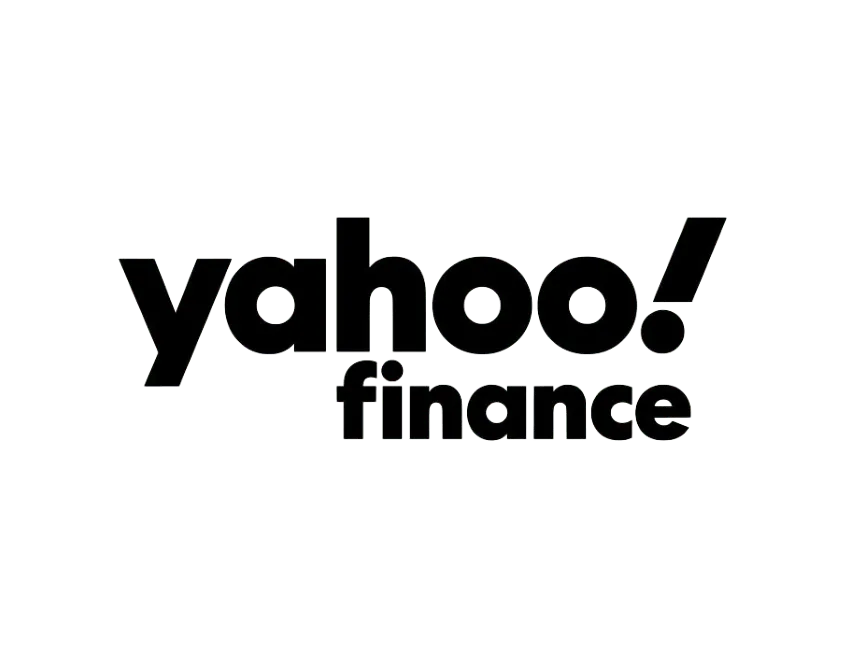



At Second Start Financial, we are dedicated to helping you regain control of your life. Our mission is to provide you with effective debt relief solutions that address your unique financial situation.
At Second Start Financial serves the following States only:
Alabama | Alaska | Arizona | Arkansas | California | Colorado | Florida | Georgia | Idaho | Illinois | Indiana | Iowa | Kentucky | Louisiana | Maryland | Massachusetts | Michigan | Mississippi | Missouri | Montana | Nebraska | Nevada | New Jersey | New Mexico | New York | Ohio | Oklahoma | Pennsylvania | South Dakota | Tennessee | Texas | Utah | Virginia | Wisconsin
Disclaimer:
Second Start Financial Inc is not a Broker or Lender. The role of Second Start Financial is to connect potential borrowers with lenders and financial service providers. Second Start Financial does not provide credit offers or solicit lending. The website and its operators solely offer a connection/matching service and are not agents, representatives, or brokers of any lender. They do not make credit decisions and do not charge potential borrowers for any loan or product.












